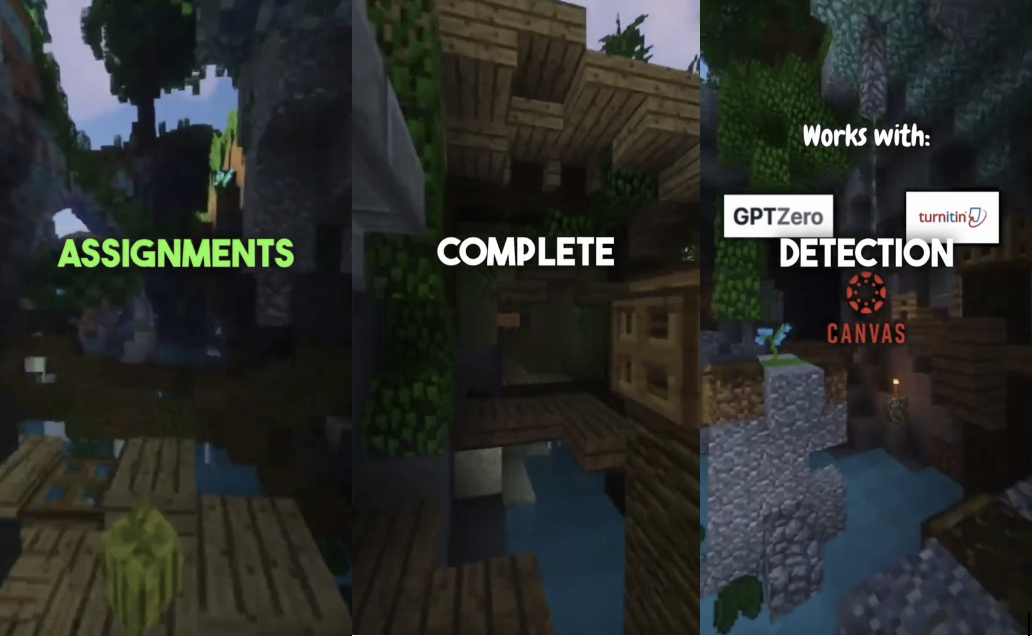Written by: Ioana Literat, Constance De Saint Laurent, Vlad Glăveanu, Rhea Jaffer, Sonia Kim &
Sophia Diplacido
Abstract:This study explores how young people on TikTok discuss the use of generative artificial intelligence (AI) in higher education. Through a qualitative analysis of 980 TikTok posts and their associated comments, we identify three key themes: (1) the commercialization of AI tools on TikTok, emphasizing undetectability, speed, and grade improvement; (2) conflicting views on AI ethics and the purpose of higher education; and (3) the emergence of new forms of community-building and identity exploration centered around AI. The study highlights TikTok's significant role as a platform for peer-to-peer knowledge sharing around AI—yet one that is deeply marked by commercial dynamics. Our insights offer valuable implications for researchers, educators, policymakers, and technology developers seeking to understand student needs and concerns regarding generative AI, while also illuminating broader shifts in how young people perceive learning, academic success, and the purpose of higher education in a rapidly changing technological landscape.
Keywords: generative AI, higher education, TikTok, social media, academic integrity, educational
technology







